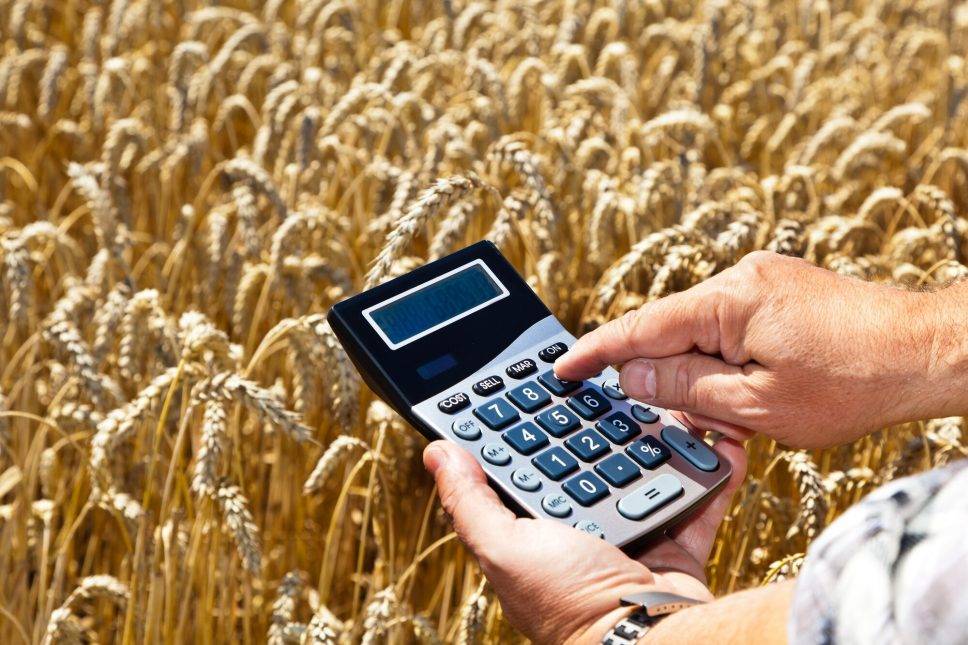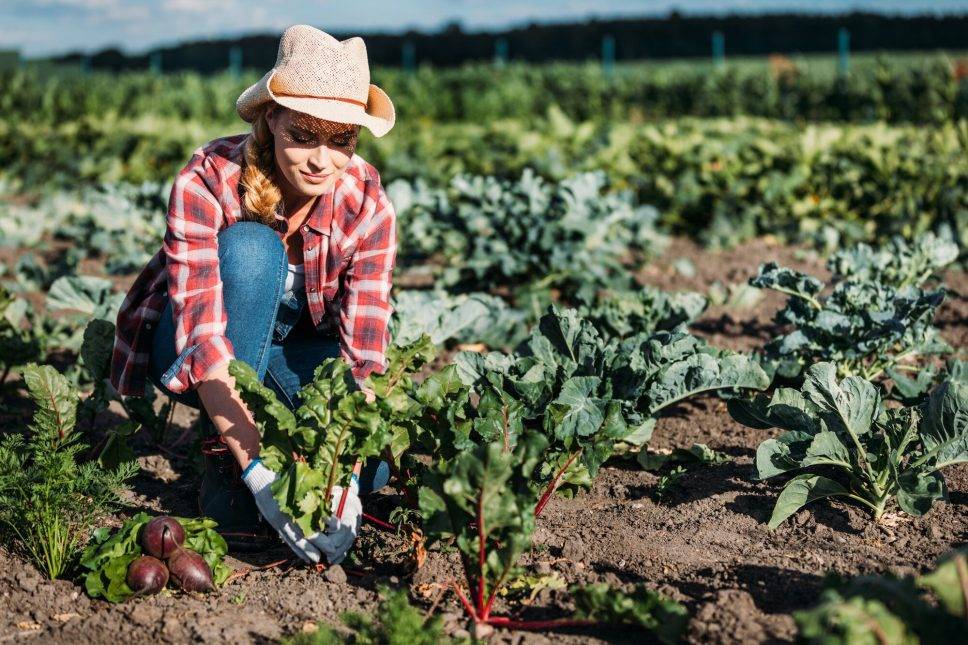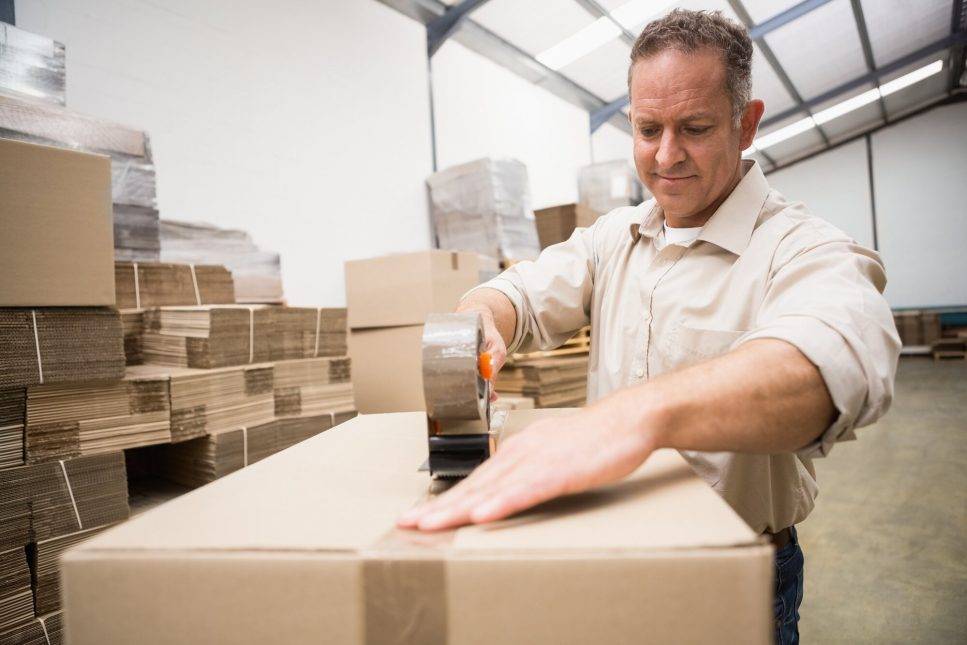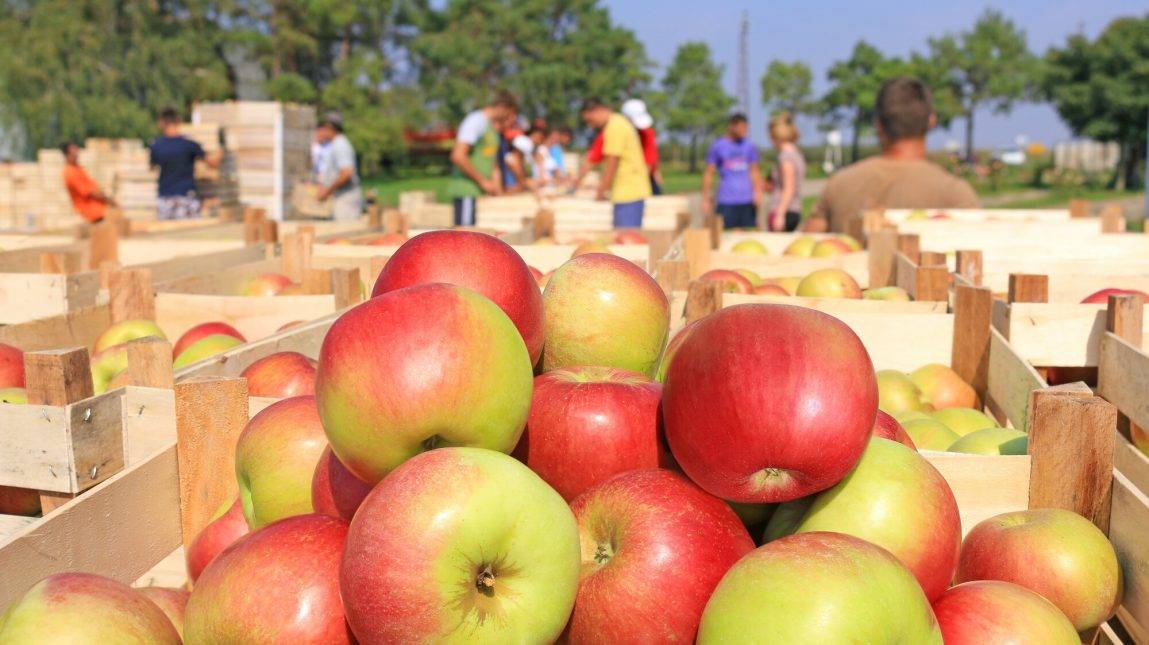
EU opens the door. How Ukrainian businessmen can export their products to Europe
The European Union abolished customs duties and taxes on imported products from Ukraine. This is the first time the EU is taking such major steps to liberalise trading, commented Prime Minister Denys Shmyhal. The EU has never made concessions of this kind before. The new zero trade-liberalisation measures took effect on June 4; they are set forth in the Regulation(EU) 2022/870, and will apply until June 5, 2023.
According to the Economy Ministry, in practice this means that the following:
- the full removal of import duties (preferential customs duties) on the importation of industrial products from Ukraine;
- the suspension of the application of the entry price system to fruit and vegetables;
- the suspension of tariff-rate quotas and the full removal of import duties on agricultural products;
- the removal of anti-dumping duties on imports originating in Ukraine;
- the removal of global restrictions on Ukrainian products.
“This is an unprecedented step to boost Ukraine’s economy, severely weakened by Russia’s aggression. It will help alleviate the difficult situation of Ukrainian producers and exporters in the face of russia’s military invasion,” said a spokeswoman for the European Commission on Agriculture and Trade, Miriam Garcia Ferrer.
What changed?
The European Union is the largest trading partner of our country.
In 2021, Ukrainian exports to EU countries amounted to $26.8 billion ($18.6 billion in 2020), according to the State Statistics Service. Businesses mostly sold ferrous metals, iron ore, grain, and oil to the European Union, i.e., commodities. Restrictions imposed on Ukrainian products hindered the development and sale of processed products.

The EU-Ukraine Deep and Comprehensive Free Trade Area agreement entered into force in 2016, and was expected to open the European market to Ukrainian goods. However, Ukrainian producers did not get free access to the huge market. Customs duties were imposed on some groups of industrial products until 1 January 2023. There were quotas in place, which meant that producers could supply only a certain, as a rule, small volume of products on preferential terms. Anything more was taxed. There are about 40 such groups of products, including chicken meat, tomato paste and honey.
The EU countries protected their fruit and vegetable market by introducing the so-called “entry price system”. The task was to equalize the value of imported products with those sold in the EU domestic market. For example, Ukrainian farmers sell strawberries on the domestic market for 2 euros per 1 kg, while on the European market the price is twice higher. Therefore, if a Ukrainian producer enters the European market with strawberry, an additional duty is imposed on the company’s products, which amounts, for example, to EUR 2 per 1 kilogram, making the final cost of the product EUR 4 per 1 kg, which will be equal to the cost of a similar product from local producers and will not dump prices.
Now, all these restrictions have been abolished until 5 June 2023. Therefore, small farmers that grow organic products, vegetables, fruits, grain, etc., can use the preferential measures. They want to find buyers abroad, because the prices for Ukrainian products are currently much lower. The topic of Ukraine is at the peak of its popularity all across the world and everybody is trying to help Ukrainians.

At the same time, the need to expand business to new markets is as relevant among businesses as ever. Mastercard SME Index study shows that 6 out of 10 Ukrainian businesses are currently experiencing a decrease in sales volumes and markets. Half of businesses that continue working in Ukraine despite the war have already started or are planning to start selling their products and services abroad.
The results of a recent survey as a part of the Initiative for economic recovery, entrepreneurship development and export of Ukraine showed that the key barriers for companies developing exports include lack of knowledge, experience and personnel, non-conformity of products or services with the requirements of foreign markets and lack of international sales expertise.
“Due to the decrease in domestic demand in Ukraine, many companies that earlier operated exclusively in the domestic market have started considering export of their products and see it as one of the solutions to overcome the crisis caused by the full-scale Russia’s invasions of Ukraine. A number of tools and recommendations from the Entrepreneurship and Export Promotion Office, whose team has been helping Ukrainian companies to emerge on international markets, will help them in that,” stresses Andrii Remizov, Director of the State Institution “Entrepreneurship and Export Promotion Office”.
How to choose a market for your products?
Before deciding to emerge on a market, the Entrepreneurship and Export Promotion Office recommends conducting a study. This will save time and money for the business in the future and protect against a number of potential risks.
You can review available surveys of foreign markets conducted by Entrepreneurship and Export Promotion Office analysts and also conduct your own survey.
How to do it? First, determine who will buy your products: end consumers (B2C), other businesses (B2B) or public authorities (public procurement). Also make a list of countries, 10 of them to study and select the best ones. The evaluation needs to be performed based on the main criteria:
- The size and potential of the chosen market:
- evaluate country’s growth potential (GDP, GDP per capita);
- review demographic indicators (if you are considering a B2C model, take into account special features of the country’s population, its structure by age, gender, etc.);
- review the volume of import of your product to the chosen country from other countries (sales volumes in the past year, key competitors).
- Consumer needs and trends:
- analyse consumer segments in the market, their characteristics, how they differ from Ukrainian consumers;
- think about why consumers prefer a certain product or service and what the market trends are (for example, consumers choose organic products more or base their choice on the recyclable packaging).
- Potential barriers to market entry that require additional analysis:
- tariffs and quotes;
- certificates and other mandatory regulatory requirements and voluntary standards;
- how laws can impact access of products to the market and whether they need to be adapted.
- Competitors and price. Study your competitors:
- what products they offer;
- how they promote their products or services;
- what the price of their products is;
- how they attract customers – why they choose a specific product or service;
- is the market saturated, are there foreign companies among competitors.
- Logistics, additional costs:
- how long is the delivery;
- how much it costs;
- are such costs expedient for the company;
- possible additional costs, for example changing the packaging or additionally adapting products for the chosen market.
- Cultural differences in the market:
- learn as much as you can about cultural specifics of chosen countries, which will be useful for adaptation of products, creation of a new brand, development of marketing materials, and also during negotiations with potential partners;
- create a table with data for each country. This will help you make the right choice.

Where to find information:
Economic and demographic statistics can be found in the database of the World Bank.
Statistical information on export and import in different countries can be viewed on the Trade Map website, but make sure to use the user guide.
Tariff and non-tariff restrictions in different countries are available on the Market Access Map website; user guide can be found here.
Information about offers, prices of competitors can be found on various platforms, such as Kompass, Europages, Alibaba.
How to enjoy preferences?
In order to export products to EU countries, it is necessary that the product has the special status of “originating in Ukraine”. According to the Entrepreneurship and Export Promotion Office, it must meet several criteria:
- products must be produced from sources of Ukrainian origin;
- it can be produced with ingredients from EU countries in unlimited quantities;
- foreign ingredients from non-EU countries should not exceed 10% of the product’s value.
Exporters also must obtain a EUR.1 certificate issued by customs authorities. It is not required if the total invoice value of product shipment from Ukraine does not exceed EUR 6,000.
All suppliers of food products must pass phytosanitary control in Ukraine and obtain a certificate from the State Production and Consumer Service. This is a guarantee that the products are harmless and can be exported abroad.

Algorithm of actions
To obtain a phytosanitary certificate, the owner of the shipment must submit an application, after which an inspector must conduct an inspection and take samples, draw up a report based on the results of the analyses and provide a conclusion.
To export products, you can use the services of a broker or do it yourself. However, in this case, it is necessary to check several times whether all documents have been submitted. Anton Yaremenko, the founder of the Bester caviar house, recalls how a batch of caviar was destroyed in Switzerland because the package of documents did not contain a Health Certificate that could have been obtained in two minutes.
Where can an entrepreneur obtain new knowledge?
Representatives of small and medium enterprises can study even during the war.
For example, the national project “Diia.Business”, which was initiated by the Ministry of Digital Transformation and is implemented together with the Entrepreneurship and Export Promotion Office, can serve as a good basis for training. It is a large-scale initiative for the development of Ukrainian business in domestic and foreign markets. The project has two components: the Diia.Business online platform and offline support centres for entrepreneurs.
The Diia.Business portal was launched in February 2020 with support of Mastercard. Today, it is a one-stop shop for SME. The information available on the online platform will help entrepreneurs learn about all stages of business development: from finding an idea to scaling and entering foreign markets.
The information for the development and support of exporters can be found on a separate Diia.Business for exporters online platform, which is integrated into the Diia.Business portal. It features surveys of foreign markets, information on product requirements, trade missions and international exhibitions and how to participate in them, tools for finding partners, services from the Entrepreneurship and Export Promotion Office and other organizations, as well as news on foreign economic activities and grants for exporters.
Also, Ukrainian exporters can improve their level of competencies by participating in free trainings and long-term educational programs offered regularly by the Entrepreneurship and Export Promotion Office together with partners.
Diia.Business, UKRSIBBANK BNP Paribas Group and Mastercard have developed an educational program titled “The Financier”, which is a series of free lectures in online and offline formats. The latter are held at Diia.Business centres that have already resumed their operation. Experts from various fields talk about financial management, development trends of Ukrainian entrepreneurship, technological solutions, marketing strategies, etc.
In addition, there are special consulting zones by UKRSIBBANK BNP Paribas Group and Mastercard at Diia.Business centres, where businessmen can receive information about financial solutions for their companies.
In 2016, the European Business Association initiated the launch of Unlimit Ukraine, a platform for small and micro business development. The platform currently has 4,300 small entrepreneurs from all across the country.
Since 2020, Unlimit Ukraine has been the official coordinator for the Erasmus for Young Entrepreneurs (EYE) international exchange programme in Ukraine, as part of which small entrepreneurs learn from experienced SME managers in European countries.
Under this programme, businessmen have already successfully applied for exchange to Sweden, Poland, Croatia, Germany, Italy, UK, Slovenia, Bulgaria, Portugal, France, Spain and Cyprus.
Also, as a part of a special project titled “5 Pressing Issues for Entrepreneurs“, NV together with Mastercard and Diia.Business analyse the most pressing issues for businesses in Ukraine and share practical advice on how to continue working in today’s conditions, for example, where to find money for business development during the war, how to relocate production, how to enter international marketplaces, etc.
How to find buyers
You need to be active. One of the options is to participate in international exhibitions. Such participation is facilitated by the Foreign Ministry. For example, this year, the ministry arranged for free attendance or discounts for 33 exhibitions. Based on the experience of regular participants, around 5% of contacts turn out to be successful. The Entrepreneurship and Export Promotion Office also regularly organizes national stands at international exhibitions under the Trade with Ukraine brand, helping companies from different sectors promote their products.
Ukrainian businesses seeking foreign partners should also join the Catalogue of Ukrainian Exporters, which the Entrepreneurship and Export Promotion Office promotes in foreign markets. The catalogue is an online tool created to establish direct business contacts between foreign companies and Ukrainian producers and service providers.
The team of the Office receives requests from foreign companies weekly, which are published on the Diia.Business for exporters platform and on social media pages of the project.
Mykola Horbachov, President of the Ukrainian Grain Association, recommends joining the industry association. They are present in all markets. Its members can share experience and talk about how to export products. “For example, we advise to export grain independently only to companies that process at least 1,000 ha. It is better for the rest to work with traders,” says Horbachov. On the Ukrainian scale, farmers growing grain on a thousand hectares are considered small.
Anton Yaremenko from Bester advises to evaluate a company’s capacities right away, because a situation may happen, when a business signs a contract with a European supermarket chain and then fails to perform it. “They order a lot, but ask for lower prices,” says the expert. He adds that Europeans, if they give permission to import products to their territory, do not inspect every shipment, but only chosen ones. If the quality deteriorates and controlling authorities discover it, it will be very difficult to return to the European market.

This year, Ukrainian producers got a chance to find new markets and sign beneficial contracts. Therefore, this opens a wonderful opportunity to establish new contacts and sign contracts abroad. Many are already using it. There are success stories of appearing in foreign markets even during the full-scale war. For example, not so long ago, the Entrepreneurship and Export Promotion Office helped Ukrainian exporters enter into a partnership with the largest supermarket in Denmark. Now, residents of Denmark can enjoy Ukrainian cornflakes, cheeses, etc. 28% of entrepreneurs sell their products or services abroad, of them 16% started doing it even before February 2022, and 12% – after the full-scale invasion, according to the Mastercard SME Index study. Another 21% of operating SME plan to expand their geography in the future. Most goods and services are sold in the markets of the U.S. (30%), Poland (27%), Germany (13%), UK (10%), Lithuania (10%) and Canada (10%). As for priority countries for further expansion, Ukrainian businesses name Poland (61%), Bulgaria (13%), UK (13%), Italy (11%) and Moldova (11%).
Entrepreneurs do not plan to stop, because along with difficulties, there are many new opportunities and paths to develop their businesses and achieve success, and also promote the brand of Ukraine.
NV.biz
Media, Publications
-
Respect and recognition
-
Eurobarometer shows strong support for Ukraine
-
New EU Strategy for the Black Sea Region
-
EU and UNDP in Ukraine transfer equipment to Lubny Medical College and Lubny City Primary Health Care Center
-
Happy birthday, invincible capital!
-
Justice matters most when people can feel it working